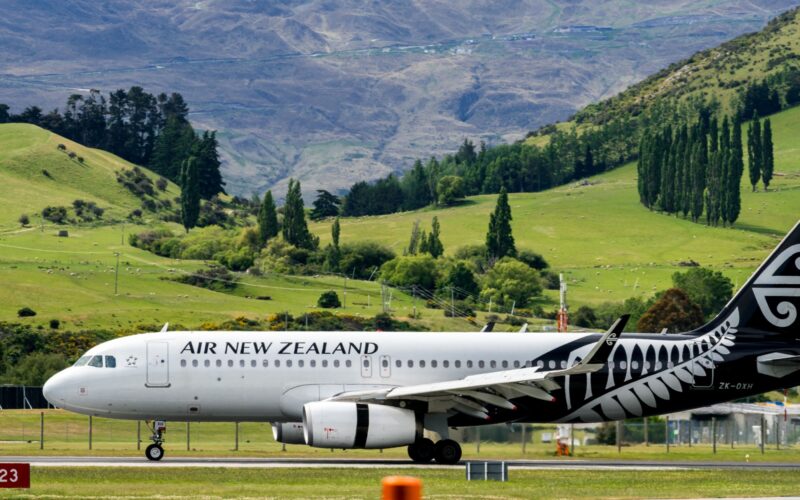Air New Zealand announced that it is withdrawing from its 2030 science-based carbon intensity reduction target, as well as from the Science Based Targets initiative (SBTi)
The announcement was made on July 30, 2024, and, according to the Kiwi flag carrier, the decision was made after “careful consideration”.
The airline cited lack of availability of new aircraft, the affordability and availability of alternative jet fuels, and global and domestic regulatory and policy support, to be the reasons behind the decision to withdraw.
These factors, the airline said, are outside its direct control and “remain challenging”.
“In recent months, and more so in the last few weeks, it has also become apparent that potential delays to our fleet renewal plan pose an additional risk to the target’s achievability,” Air New Zealand Chief Executive Officer, Greg Foran said in a statement.
Foran added: “It is possible the airline may need to retain its existing fleet for longer than planned due to global manufacturing and supply chain issues that could potentially slow the introduction of newer, more fuel-efficient aircraft into the fleet. As such and given so many levers needed to meet the target are outside our control, the decision has been made to retract the 2030 target and withdraw from the SBTi network immediately.”
According to Air New Zealand Chair Dame Therese Walsh, the airline still remains committed to reaching its 2050 net zero carbon emissions target.
Walsh said: “Our work to transition away from fossil fuels continues, as does our advocacy for the global and domestic regulatory and policy settings that will help facilitate Air New Zealand, and the wider aviation system in New Zealand, to do its part to mitigate climate change risks.”


